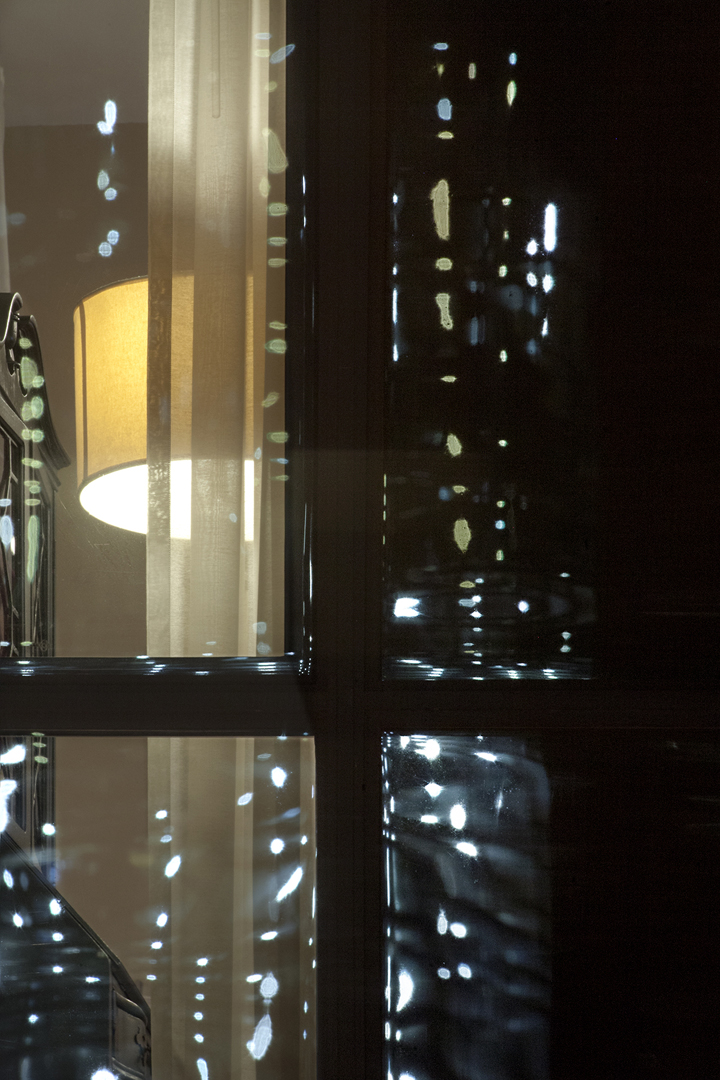 First and foremost in Arne Svenson's practice is to seek out the inner life, the essence, of his subjects, whether they be human, inanimate, or something in between. He uses his camera as a reporter uses text, to create a narrative that facilitates the understanding of that which may lie hidden or obscured. This narrative, at times only a whisper or suggestion, weaves throughout his divergent body of work.
First and foremost in Arne Svenson's practice is to seek out the inner life, the essence, of his subjects, whether they be human, inanimate, or something in between. He uses his camera as a reporter uses text, to create a narrative that facilitates the understanding of that which may lie hidden or obscured. This narrative, at times only a whisper or suggestion, weaves throughout his divergent body of work.
Arne Svenson is a self-taught photographer with an educational and vocational background in special education. His photographs have been shown extensively in the United States, Europe and Asia and are included in numerous public and private collections, including SFMOMA, Carnegie Museum of Art, Modern Art Museum of Fort Worth, Museum of Fine Arts Boston and the Norton Museum of Art. Svenson’s work has been reviewed/profiled in the New York Times, Artforum, Art in America and The New Yorker, among other publications. In 2016 he received the prestigious Nannen Prize in photojournalism for his project The Neighbors.
Svenson is the author/photographer of numerous books, including Unspeaking Likeness, The Neighbors, Prisoners and Sock Monkeys (200 out of 1,863). Recent solo exhibitions were at the Museum of Contemporary Art Denver, CO, (2016); Western Gallery + Public Art Collection, Western Washington University, WA, (2017) and a two-person show with the work of Andre Kertesz at Galerie Miranda, Paris (2019).
In the years 2012-1016, Svenson was artist-in-residence at Wesley Spectrum High School, a program in Pittsburgh for children on the autism spectrum. In partnership with The Andy Warhol Museum and the Cognitive Psychology Department at the University of Victoria, BC, he was involved in a long-term project exploring the science of facial recognition skills with subjects on the spectrum. The resultant work was shown in its entirety at The Andy Warhol Museum.
Over the past few years Svenson has given numerous lectures in universities and museums, mostly on the issue of free speech in the arts and how this topic relates to his series The Neighbors, the subject of a protracted legal battle. He was the defendant in a lawsuit involving privacy issues and therefore uniquely qualified to speak about the ramifications of censorship and the protections guaranteed by the First Amendment.